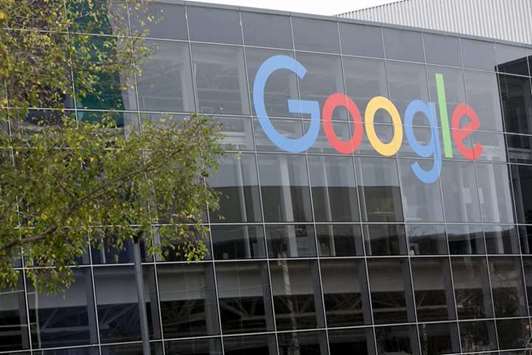Wooldridge was right about the backlash – but he probably didn’t count on how broad an indictment critics of the tech giants would bring. It was predictable that big tech companies would stand accused of operating in monopolistic ways and of stealthily monetising information about individuals acquired from their online activities.
But it’s not just these practices that have poked holes in Silicon Valley’s bubble of public regard and admiration. It’s also how the tech giants have behaved in other ways.
With the release of its iPhone X, Apple joined Facebook and Google as companies pursuing facial recognition technologies that portend an end to old concepts of privacy. Despite their insistence otherwise, those firms and Microsoft have been called de facto silent partners to US intelligence agencies’ attempts to vacuum up information from people around the world without their consent. And despite all the benefits they bring, Facebook and Google are villains to both sides of the culture wars.
They’re accused of enforcing left-wing speech codes on acceptable commentary and enabling the far right to spread election-skewing “fake news” and bigotry. ProPublica provided a new example Thursday when it showed Facebook provided tools for advertisers to reach anti-Semitic hate groups.
Now the backlash may be moving beyond rhetoric. In June, European Union regulators slammed Google with a record $2.7bn fine for seeking to profit by manipulating online search requests.
In the US, the traditional American fear of giant Corps has begun to manifest itself. The same impulse that led to the break-up of Standard Oil in 1911 and AT&T in 1982 is flaring as awareness grows of Google’s and Facebook’s hegemony in advertising and the realization sets in that Amazon may destroy more American jobs than China.
Google’s troubles continued with an Aug. 30 report in The New York Times that Eric Schmidt of Google’s parent company Alphabet had pressured the New America Foundation think tank – which Google has supported financially – to push out scholar Barry Lynn and his Open Markets research team. Lynn’s sin? Publicly applauding the EU’s fine against Google. Such bullying will haunt Google – at least if the anti-monopoly backlash plays out according to the traditional American script.
But that’s a huge if. Standard Oil and AT&T had monopolistic control of gasoline supplies and telephone service, respectively – major bills most American households pay. Google’s and Facebook’s chief services are addictive – and free.
Still, as everyday life makes clear, Americans are stirred up. The Trump and Sanders wings of the two largest political parties want and expect dramatic change. If they get their way, the most powerful forces in this country are likely to feel the fallout. And that is a category that very much includes Amazon, Apple, Facebook, Google and Microsoft.

